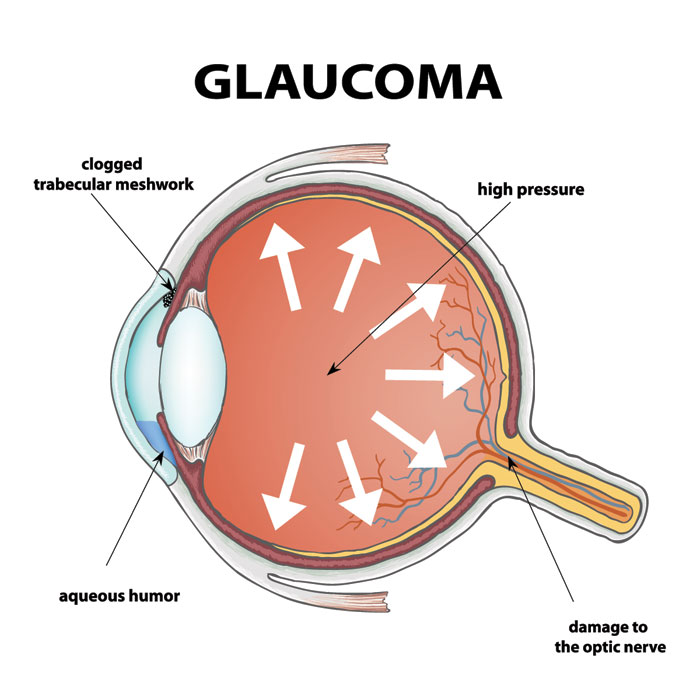Uncovering the Root Cause of Glaucoma: A Comprehensive Guide
I. Introduction
Glaucoma, often called the silent thief of sight, is a group of eye conditions that damage the optic nerve—the part of your eye responsible for carrying visual information to the brain. As the second leading cause of blindness worldwide, understanding the root causes of glaucoma is a crucial step toward preventing and managing this eye condition.
II. Understanding Glaucoma
Different types of glaucoma, including Open-Angle Glaucoma, Angle-Closure Glaucoma, and Normal-Tension Glaucoma, share a common characteristic: the progressive degeneration of the optic nerve. Over time, this leads to a loss of vision, typically beginning with peripheral vision and gradually affecting central vision.
III. Root Causes of Glaucoma
The main cause of glaucoma is damage to the optic nerve, often due to excessively high eye pressure. However, glaucoma can also develop even when eye pressure is normal, known as normal-tension glaucoma.
Other contributing factors include:
Genetics: A family history of glaucoma significantly increases the risk.
Immune response: Early exposure to certain bacteria may trigger an immune reaction affecting the optic nerve.
Blood flow: Reduced blood supply to the optic nerve is linked to normal-tension glaucoma.
IV. Risk Factors for Glaucoma
While anyone can develop glaucoma, certain factors increase risk: – Age: Individuals over 60 are more prone. – Health conditions: Diabetes, high blood pressure, and heart disease raise the risk. – Genetics: Family history remains a primary factor.
V. Preventing and Managing Glaucoma
Early detection through regular eye examinations is the most effective way to prevent significant damage. Although glaucoma-induced vision loss cannot be reversed, timely treatment can slow disease progression.
Treatment options include:
Prescription eye drops to lower eye pressure.
Laser therapy to improve fluid drainage.
Surgery in advanced cases.
Lifestyle adjustments can also help manage glaucoma:
Maintaining a healthy diet
Regular exercise
Avoiding smoking
Understanding glaucoma requires a multifaceted approach, combining medical care, genetic awareness, and lifestyle management. Because glaucoma often shows no symptoms until significant damage has occurred, regular eye check-ups are vital for early detection and prevention.
VI. Final Thoughts
Glaucoma is a serious condition, but knowledge and vigilance can make a difference. By understanding the causes, risk factors, and management options, you can take proactive steps to protect your vision. Always consult with healthcare providers for personalized advice. Combining knowledge with professional care is your strongest defense against this silent vision thief.




